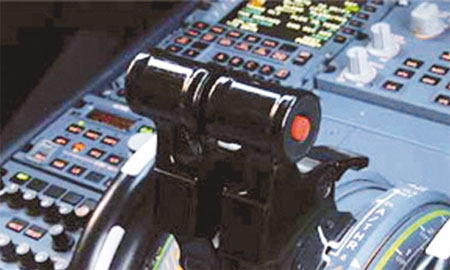One of the biggest winners from the NAFTA deal is the automotive industry; indeed, as a sector it amounts to 20% of total intra-NAFTA trade. And in terms of production, employment, investment and exports, it is one of the most important industrial sectors in Mexico today.
According to ProMexico, the country is the world’s 10th largest automotive producer, accounting for approximately 2% of global production. Internally, vehicles comprise over 17% of the entire manufacturing sector and 3% of GDP. Annually, Mexico’s 20 car-manufacturing plants produce some 2 million light vehicles, of which 79% is devoted to exports while the remainder stays in the local market.
Many of the world’s biggest carmakers – such as Ford, GM, Chrysler, Volkswagen, Nissan and Toyota – have plants in Mexico’s highly developed automotive clusters, from where they enjoy easy access to the U.S. market and lower production costs. Furthermore, Mexico has become the auto parts hub for North America, with 100 of the world’s leading companies settled here, including Goodyear, Michelin, Robert Bosch, ThyssenKrupp, and Siemens, among others.
The spare parts industry is also witnessing growth, thanks to Mexico’s 2009 legislation imposing new duties on the importation of used vehicles. As a consequence, repairing used vehicles is often more cost-effective than purchasing a second-hand one, thus giving rise to greater domestic demand for parts.
As in the automotive industry, Mexico is also well placed as a new low-cost and competitive North American manufacturing platform for the global aeronautical industry. Additionally, the country happens to be the largest military and commercial aircraft market in Latin America, with the second biggest business aircraft fleet in the world.
Owing to cost-effective manufacturing, a qualified workforce, and a reputation for intellectual property protection, Mexico has lured in many of the leading global aeronautical manufacturing and engineering firms. These include Honeywell, Bombardier, Hawker Beechcraft, and Ellison Surface Technologies. In May of this year, Bodycote announced plans to open a new facility in northwestern Mexico.
Foreign companies in both the automotive and the aerospace industries are important tenants in Mexico’s industrial parks, which arose as a result of the growing number of maquiladoras. Claudia Avila Connelly, general director of the Mexican Association of Industrial Parks (AMPIP), says that before the 2008 crisis, the country’s macroeconomic stability prompted global investment funds to invest on average $2 billion in the development of new industrial parks. Although the recession mostly affected the length of rental contracts, the investment funds continue showing interest in participating in the industrial park market. “This is a sign that this sector in Mexico is still attractive,” says Ms. Avila.
While the upswing in drug-related violence, especially along the border, cannot be denied, Ms. Avila says that the country and its industries are far from paralyzed. “In fact, we continue receiving a large number of potential investors who want to be in Mexico,” she comments.

0 COMMENTS